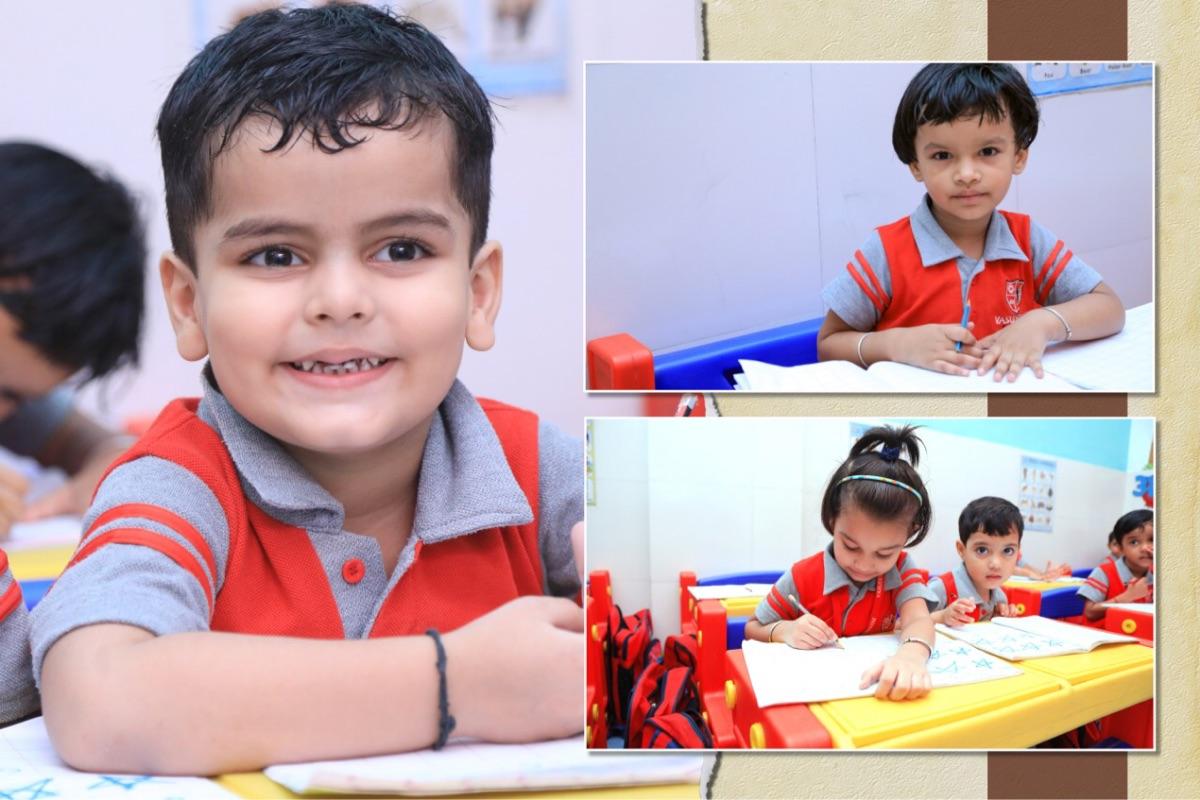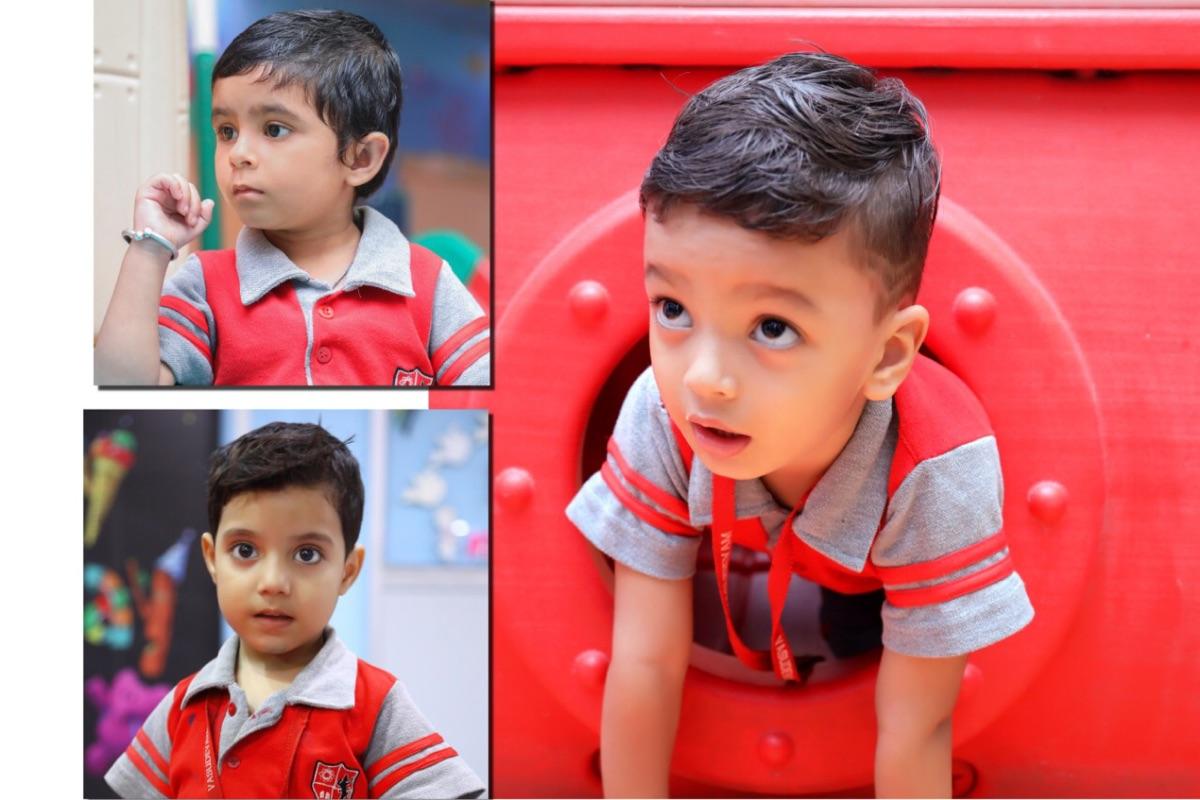Franchise

Focusing on holistic Development of child
Our curriculum is based on Banmowa Replay Method with a vision of inspire curiosity, independence, lifelong love of learning, to help our children become contributing member of our community and world.
Curriculum is planned around children’s interests, curiosity and their natural quest for knowledge; leading to inquiry, investigations, discovery and active hands-on explorations.
Expectations for holistic goals, development of life skills, dispositions and attitudes towards learning, as well as academic competence are promoted through innovative integrated curriculum and project work.
If you have a vision , we have a plan
Establish Your Own Pre-school With
- No Hard Franchise Terms
- Extensive Brand Support
- Multiple Franchise Formats
- Incredible ROI
- End To End Operational Support
- Proven Business Model
- Well Defined Operating Process
- Latest Equipments & Materials
- Parent Communication App
- Dedicated and Passionate Team
- Innovative Curriculum

Pre-school market, A Blooming Opportunity
India is the second most populous country in the world, with 1,387,297,452 [1.3 billion]
people [January 2020] and is projected to be the world’s most populous country by 2022. India has more than 65% of its population below the age of 35 and it is expected that by 2020, the average age of an Indian will be 29 years. 13.2% of the total population are less than 6 years old in India.
80% of the Indian pre-school market is still unorganized, comprising of neighbourhood non branded pre-schools. Only 20% of the market is organized and owned by the branded pre-schools. It is observed that, now there is a huge shift from fragmented unorganised sector to organised branded play schools.
According to CRISIL, the organized market share of branded preschools is expected to escalate from 20% to 29% in the next five years. The pre-school industry in India is under penetrated and is less than 4 percent of the total market potential.
Demand Drivers:
- 160 million children are less than 6 years old in India
- In urban areas, only 12% of children from 2 to 5 years go to pre-schools
- Rising penetration rate, growing urbanization and escalating demand for high quality pre-school education.
- Rise in disposable income, increasing working mothers, nuclear families.
- Education is the second highest expenditure after food & groceries.
Motivating Factors:
- Low investment, high returns.
- Recession free business.
- Quick Break Even.
- White collar, highly respectable business.
- High degree of work satisfaction.
- Limited working hours, more free time for family and others.
- Highly scalable business. Can easily expand to formal schooling.
Franchisee requirements
1500+ sq.feet of built up area, with 500 sq. feet of play area.
Residential area with dense population.
Ability to Invest in preschool setup.
Passionate in igniting young minds.
